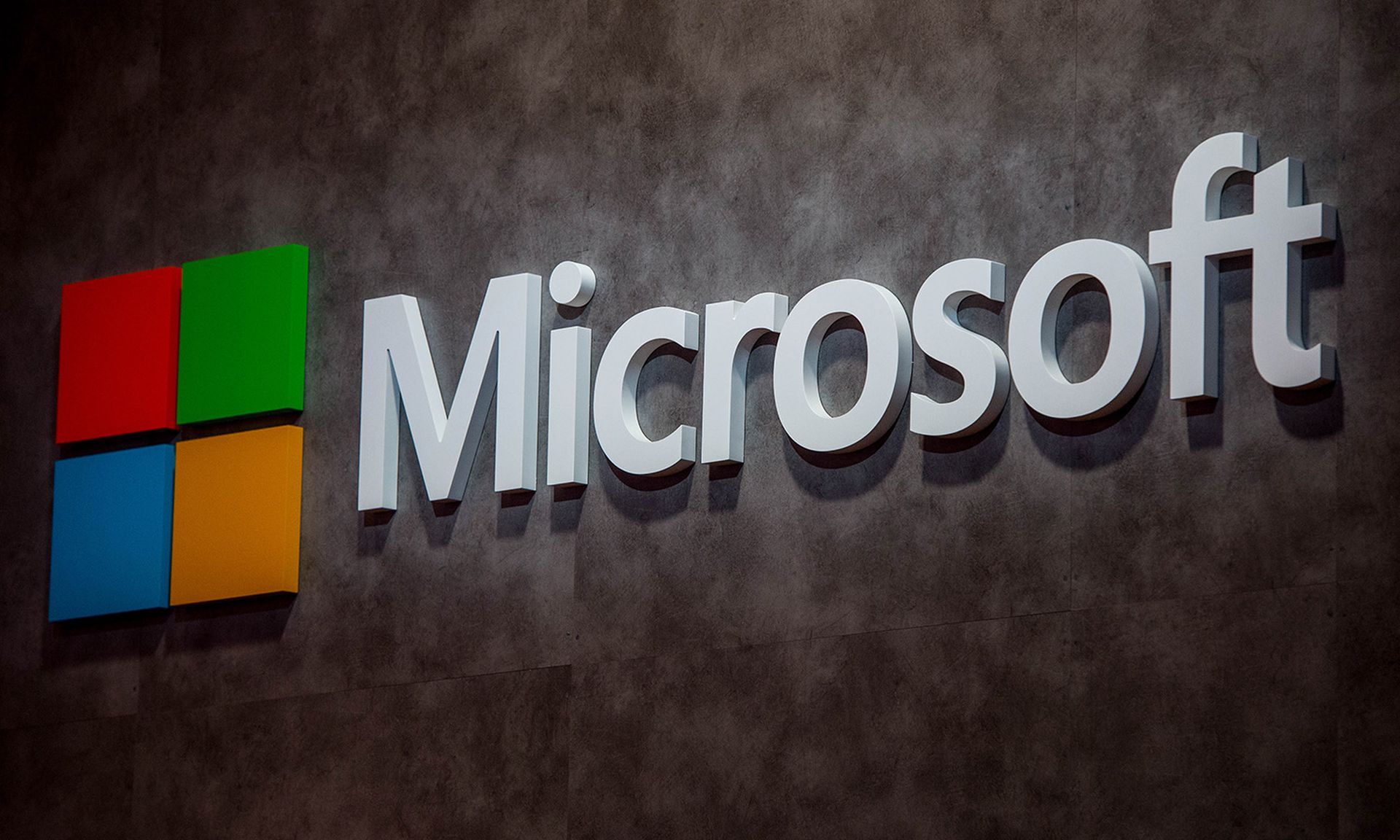Microsoft Corp. and Mastercard announced last week a partnership to improve authentication in digital payments with the launch of Mastercard Digital Transactions Insights.
The two corporate giants are creating a new tool that builds on the software giant’s Microsoft Dynamics 365 Fraud Protection technology and the card brand’s emerging Digital Transactions Insights with their online merchant’s information to better assured that the digital shopper is who they claim to be, and conversely to weed out more fraudulent transactions in real time.
Microsoft is Mastercard’s first official partner in this identification and fraud reduction platform, which, like many emerging risk-mitigation solutions, also employs artificial intelligence to detect bad actors.
Mastercard and rival card brand Visa have been increasingly building out their digital fraud-reducing technologies in recent years so as to reduce potential fraud losses for their companies and their financial institution and merchant customers, as well as to create new streams of revenue beyond the usual interchange fees and cement their value in the rapidly expanding world of digital payment.
“Shopping online should be simple, quick and secure. But that isn’t always the case,” said Ajay Bhalla, president of cyber and intelligence at Mastercard, in a prepared release on the collaboration. “We’re committed to developing advanced identity and fraud technology to help enhance the real-time intelligence we provide to financial institutions around the globe.”
Mastercard’s Digital Transactions Insights platform is expected to help the Purchase, New York-based card company’s issuers and merchant to limit various types of online fraud, particularly “first-party fraud,” where a legitimate purchase is made online but disputed at a later date. First-party fraud currently accounts for at least $50 billion in losses, according to the Mercator Advisory Group. The fraud-catching platform also utilizes recent EMV 3-D Secure and Mastercard Identity Check authentication tools.
The card brand’s platform reduces false fraud positives since all digital card transactions pass through Mastercard's authentication network and generate a Digital Transaction Insights assessment for issuers to evaluate in authorization. Last year, Mastercard Identity Check reportedly boosted legitimate digital transaction approval rates by more than 14% across billions of worldwide payment card transactions, according to Christine Bennett, who manages external media relations at Mastercard.
While this authentication-improving technology will primarily be employed online and via mobile payments, Mastercard and its partners expect that it will soon be put to use with purchasing from wearable, in-application and other emerging payment platforms. More recently, Mastercard has tweaked its Digital Transaction Insights to incorporate data from its merchants and other outside partners (like Microsoft) in order to better assure that cardholders are legitimate, and authorize payments more quickly with fewer false positives or chargebacks.
“This partnership lays the foundation for the future of global fraud prevention,” said Charles Lamanna, corporate vice president of business applications and platforms at Microsoft, in a prepared statement, “where data silos are no longer a barrier to security.”




